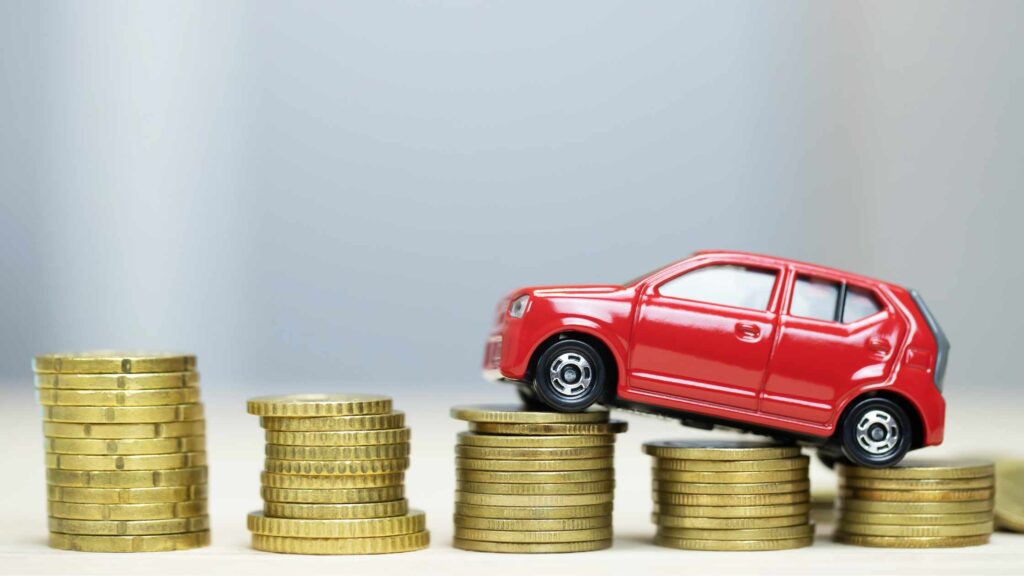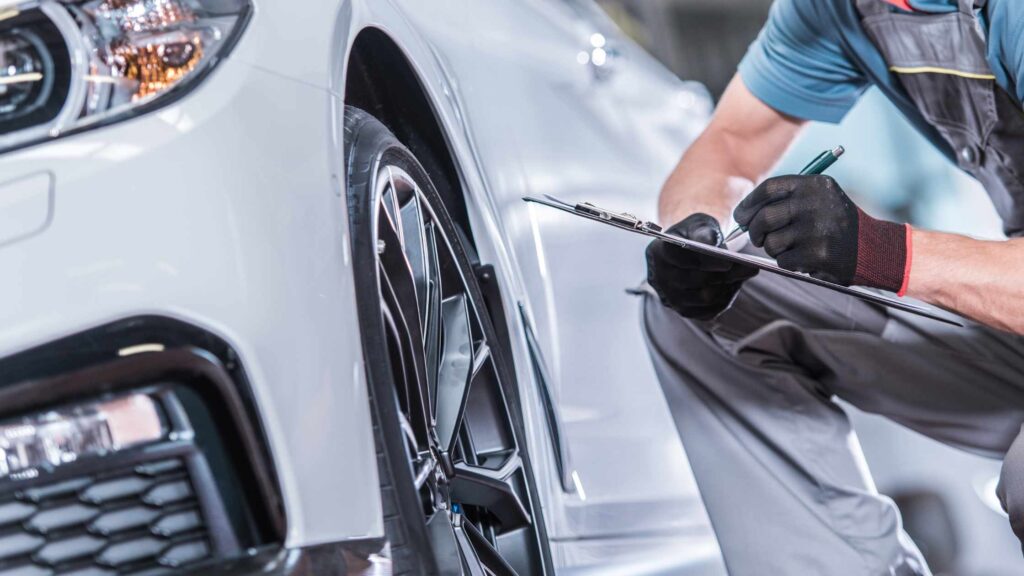Introduction
Owning a car provides a sense of freedom and convenience, but it also comes with its fair share of hidden costs. Beyond the initial purchase price, there are various expenses associated with car ownership that many people fail to consider. In this article, we will delve into these hidden costs and provide you with the information you need to plan and budget effectively.
Depreciation
One of the major hidden costs of car ownership is depreciation. As soon as you drive your new car off the lot, its value begins to decrease significantly. According to studies, most cars lose around 20% of their value within the first year. Over the span of five years, this depreciation can amount to thousands of dollars. It is essential to recognize this loss in value when calculating the true cost of owning a car.
Insurance
Insurance is a necessary expense for car owners, but it can often be more costly than expected. Premiums are determined by various factors such as your age, driving record, and the type of car you own. Additionally, the level of coverage you choose can significantly impact your insurance costs. It is crucial to research different insurance providers and compare quotes to find the best deal while ensuring you have adequate coverage.
Maintenance and Repairs
Regular maintenance and repairs are inevitable when you own a car. Oil changes, tire rotations, and brake services are just a few of the routine maintenance tasks that need to be performed to keep your vehicle running smoothly. These expenses can add up over time, especially if you neglect regular maintenance.
In addition to routine maintenance, unexpected repairs can arise, which can be quite costly. Components such as the transmission, engine, and suspension may need repairs or replacement, and these expenses can quickly accumulate. It is essential to set aside a budget for both routine maintenance and potential repairs when calculating the overall cost of owning a car.
Fuel
While the cost of fuel may seem obvious, it is often overlooked when calculating car ownership expenses. The price of gasoline fluctuates, and depending on your driving habits, the amount you spend on fuel can vary significantly. Additionally, if you have a gas-guzzling vehicle or frequently drive long distances, your fuel expenses will be higher. It is important to include fuel costs in your monthly budget to get an accurate reflection of the true cost of owning a car.
Registration and Licensing Fees
Every year, car owners must renew their vehicle registration and license plate. These fees can vary depending on your location, the type of vehicle you own, and other factors. While it may seem like a small expense, it is important to include these recurring costs in your budget as they can add up over time.
Parking and Tolls
Another hidden cost of car ownership is parking fees and tolls. These expenses can be particularly significant for city dwellers who need to park their cars in garages or lots. Additionally, if you frequently travel on toll roads, the toll fees can quickly accumulate. It is essential to factor in these costs when budgeting for car ownership.
Additional Costs
There are a few additional costs that car owners may encounter, depending on their unique circumstances. For example, if you live in an area with extreme weather conditions, you may need to invest in winter tires or other weather-appropriate accessories. Other potential expenses include car cleaning and detailing, traffic tickets, and even potential fines for late vehicle inspections or registrations. It is important to consider these additional costs when planning your car ownership budget.
Summary
Owning a car comes with hidden costs that can impact your finances significantly. Depreciation, insurance, maintenance and repairs, fuel, registration and licensing fees, parking and tolls, as well as additional costs, all need to be considered when budgeting for car ownership.
By being aware of these expenses and planning accordingly, you can ensure that owning a car remains a financially manageable endeavor. Take the time to research and compare prices, budget for maintenance and repairs, and set aside funds for unexpected expenses. With proper planning, you can avoid financial surprises and enjoy the benefits that car ownership brings.







